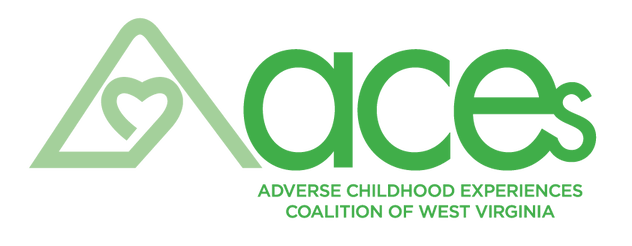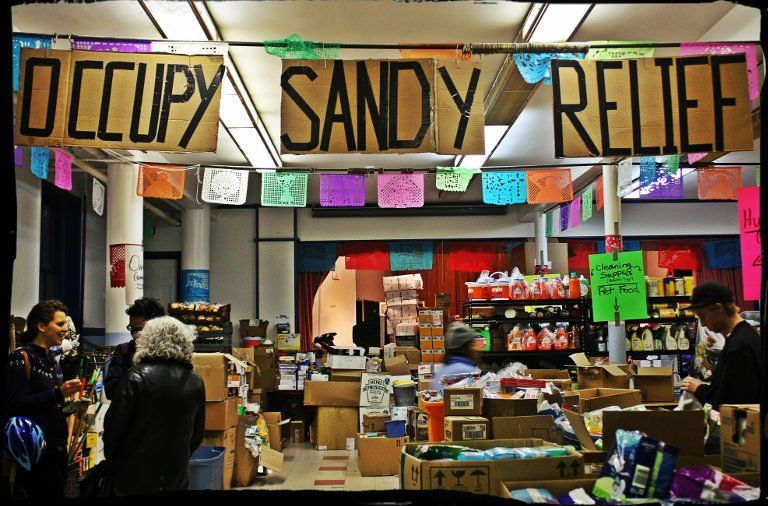Families
Video Resources
How Childhood Trauma Can Make You A Sick Adult
Dr. Vincent Felitti

If you've ever wondered how childhood trauma can impact your health as an adult, you won't want to miss this video. In "How Childhood Trauma Can Make You A Sick Adult," Dr. Vincent Felitti, the founder of the Adverse Childhood Study, shares his research on the link between childhood trauma and adult health.
If you're interested in learning more about this important topic, we encourage you to click the link below and watch the full video.
Caregivers and overcoming their own personal pain
CAREgivers film
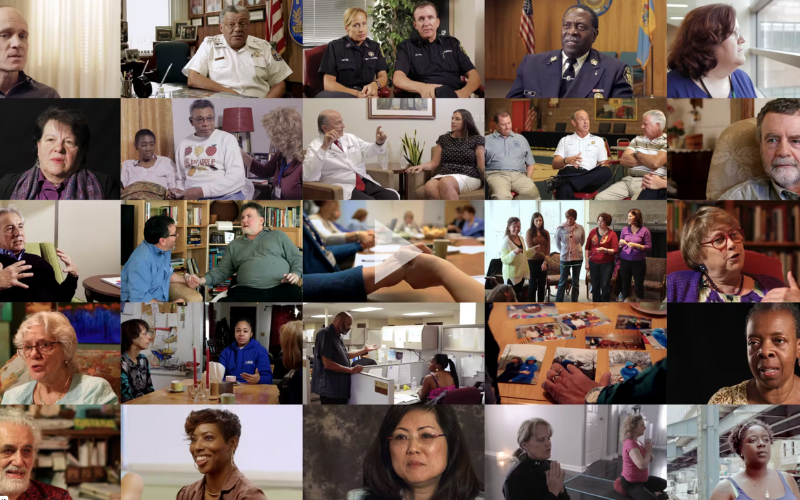
If you're a caregiver or know someone who is, you won't want to miss this powerful documentary film.
Through interviews and personal stories, the film explores the emotional costs of caregiving, and how professionals in these fields can experience Compassion Fatigue or Secondary Traumatic Stress. But it's not all doom and gloom - the film also highlights the deep sense of satisfaction and meaning that these professionals derive from their work.
Infographics
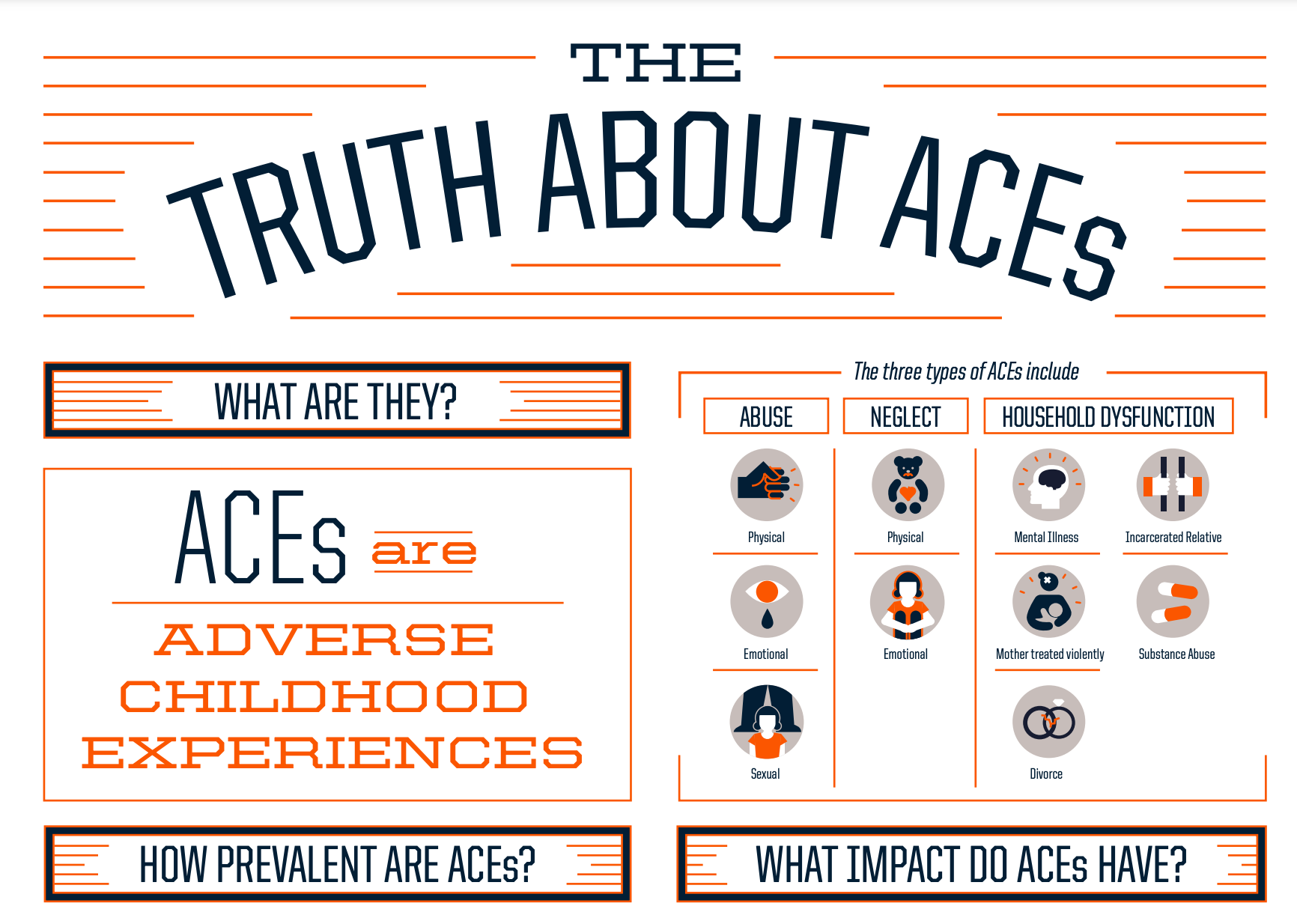
If you're curious about Adverse Childhood Experiences (ACEs), we have a document that can provide you with valuable insights. This resource explores some of the most important questions around ACEs, including what they are, how prevalent they are, and what impact they can have on individuals.
Homelessness & Adverse Childhood Experiences
National Health Care for the Homeless Council and the National Network
It's critical to understand the role of Adverse Childhood Experiences (ACEs) in health outcomes. This fact sheet, developed by the National Health Care for the Homeless Council and the National Network to End Family Homelessness, provides important insights into the connection between ACEs and homelessness, as well as the impact of trauma on health and behavioral health outcomes.
By reading this document, you'll gain a deeper understanding of the critical role of ACEs in shaping the lives of those experiencing homelessness.
4 Pillars of Resilience
Harvard Center for the Developing Child
Resilience is an essential aspect of human development, and it can be seen in the way that the brain, immune system, and genes respond to experiences during childhood. Recent scientific discoveries have shed light on the complex interplay between genetic differences, developing brain circuitry, and immune responsiveness, all of which interact with the caregiving environment and social context to shape resilience.
Download the file below to learn more about resilience. See especially page 5.
Websites
Resilient Brain Project

We understand that life can be challenging, and sometimes it's hard to know where to turn for help.
Resilient Brain Project is a comprehensive library of resources designed to support you on your journey towards a happier, healthier life. If you're looking for practical, evidence-based strategies to support your mental health and build your resilience, look no further than the Resilient Brain Project.
Advancing Parenting
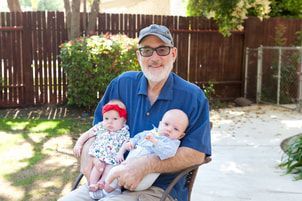
This Camarillo-based nonprofit organization offers a unique approach to parenting education that doesn't involve classes or one-on-one interactions with parents. Instead, Advancing Parenting focuses on empowering community members with easy and powerful tools to elevate the overall quality of parenting in their communities.
Check out their website for resources and ideas on how to get involved in advancing parenting.
Articles & Blogs
4 Reasons Parenting Trauma is Incredibly Difficult
Samantha Sangenito

This blog sheds light on the unique and challenging experiences faced by families with children who have experienced early childhood trauma(s). The author shares their personal journey and highlights the isolation, loneliness, and trauma that can come with this type of parenting. They also discuss the misconceptions surrounding these experiences and offer a glimpse into their daily struggles. It is a relatable and informative read for anyone navigating similar experiences.
"What is to give light must endure burning" - Viktor Frankl
Vic Compher

This blog highlights the importance of self-care and support structures for professionals working in trauma-focused treatment and education.
The title "What is to give light must endure burning" is a quote from the German philosopher Viktor Frankl, emphasizing the need for endurance and self-care in pursuing meaningful work.
The Positive Feeling Tree
Karen Gross

"The Positive Feeling Tree" is a creative activity that promotes positive thinking and emotional awareness. The blog suggests finding or creating a small tree and adding a positive feeling to it each day.
The author shares their personal positive sayings and recommends using "The Feeling Alphabet Activity Set" to identify positive emotions. This is a fun and engaging way to cultivate positivity and emotional intelligence.
Play list for kids and parents to support connection and love
Kelly Holmes

When one of my kids feels sad or we need to repair our connection after a tough moment, I’ll play one of our favorite love songs for kids. Then depending on whether it’s a mellow or an upbeat song, we’ll cuddle up on the couch or have an impromptu dance party. Or sometimes while they’re busy making art or building with LEGOs, I queue up a special song and say, “Hey, listen to this. It makes me think of you.”
How to Cope When Trusting Is a Challenge
What some people call “trust issues” may be thoughts and behaviors linked to your attachment style and past experiences. If unresolved, they can impact every relationship in your life.
Little kids and ‘toxic stress’: we can solve this
Priscilla Chan and Meredith Liu
The blog highlights the issue of prolonged stress at home, which can negatively impact a child's development even before they start school. The blog discusses the obstacles that limit children's educational success, particularly in schools that serve children with the greatest need. The author emphasizes the need for educators, parents, and policymakers to address this issue and provides possible solutions.
Protective Factors
Team for WV Children
The "Protective Factors" blog talks about the Strengthening Families initiative, which aims to enhance child development and reduce child abuse and neglect by building protective factors within families. The blog discusses the five protective factors and highlights how the approach is focused on enhancing family strengths and providing support to all families rather than only those identified as "at-risk."
Three Principles to Improve Outcomes for Children and Families
These principles, grounded in science, can guide policymakers and program developers as they design and adapt policies and programs to improve outcomes for children and families.
Activities Guide: Enhancing and Practicing Executive Function Skills with Children from Infancy to Adolescence
The blog provides a comprehensive guide for parents and caregivers to promote executive function and self-regulation (EF/SR) skills in children from infancy to adolescence.
The guide includes age-appropriate activities and games that can be used to support and strengthen various components of EF/SR. The guide is available for download and includes activities suitable for different age groups, making it a valuable resource for parents and caregivers at every stage of their child's development.
